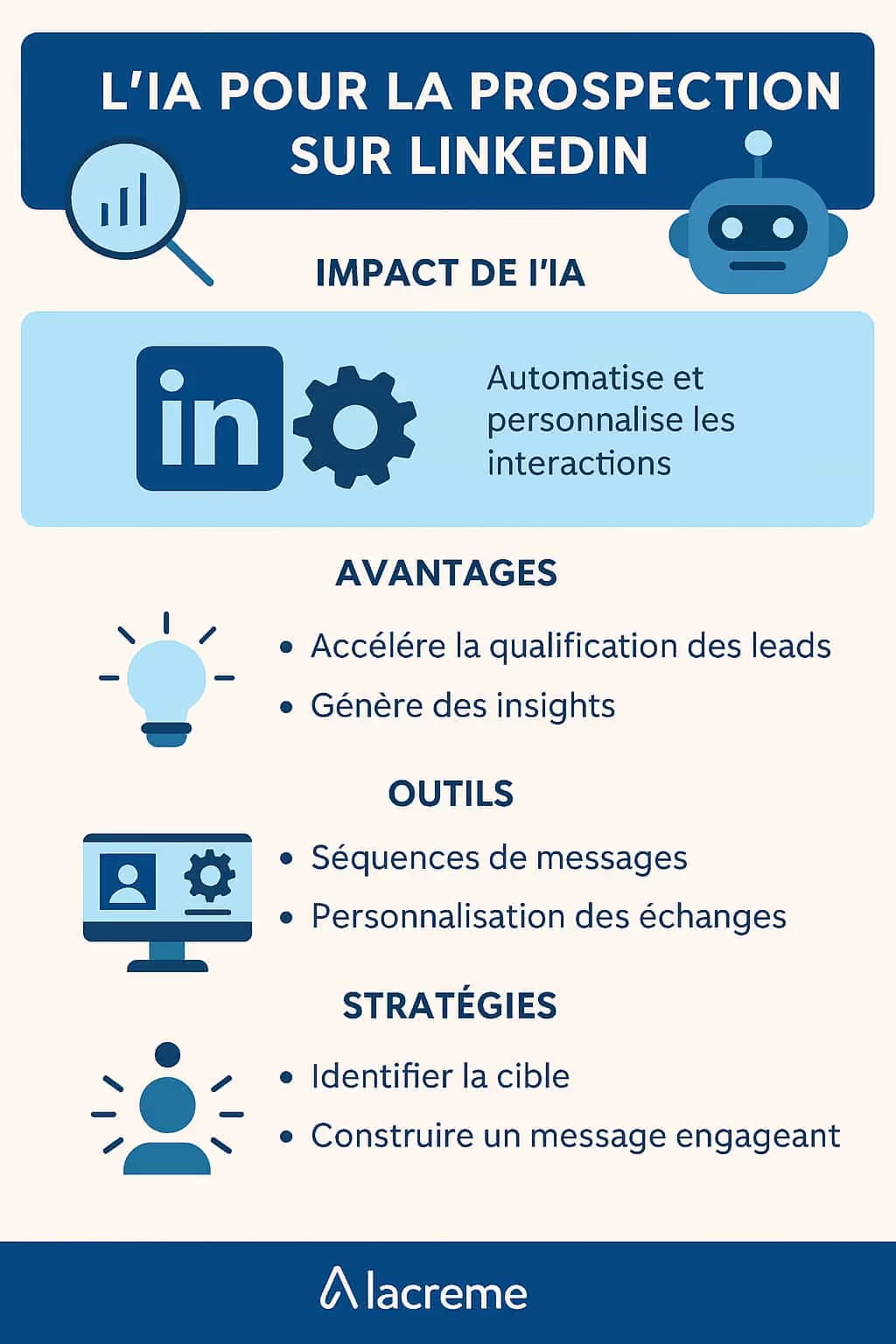The emergence and constant evolution ofArtificial intelligence (AI) have had a colossal impact on many aspects of our daily lives, especially in cultural industries and Entertainment. The personalization of our recommendations on the platforms of Streaming In addition to creating amazingly realistic virtual worlds, AI is shaping, transforming, and redefining the way we experience cultural and leisure experiences. This article delves into the various ways in which artificial intelligence is disrupting this sector and, potentially, enriching our relationship with culture and entertainment.
The Impact of Artificial Intelligence on Creative Industries
Humanization of virtual characters thanks to AI
The boundaries between real and virtual are increasingly blurred. AI plays a major role in creating virtual characters that can interact naturally with human beings in real time. Advanced natural language processing algorithms allow characters to learn, adapt, and respond to user inputs in a credible way. The result is narrative and fun experiences that are ever more immersive.
AI and fluidity of movements in animation
TEAanimation has been revolutionized by artificial intelligence, particularly in the fluidity and realism of characters' movements. By relying on large databases, AI can generate movements that once required hours of manual work for animators. These advances not only reduce costs and production times, but also significantly improve the visual quality of animated works.
Strengthening the cultural experience through AI
Modifying Environments in Real Time
In the field of video games and interactive simulations, AI makes it possible to modify and adapt environments in real time according to players' actions. These sophisticated algorithms ensure a personalized and unique experience for each user, increasing engagement and reinforcing immersion in dynamic worlds that react according to an infinity of variables.
Innovations in Augmented and Virtual Reality
Augmented reality (AR) and virtual reality (VR) are fertile fields of application for AI. Thanks to AR, cultural works, such as paintings or monuments, can be enriched with contextual information, creating Interactive Educational Experiences. VR, on the other hand, immerses users in entirely computer-designed worlds, offering sensory experiences that were previously impossible without the physical presence in a given space.
Artificial intelligence as a production and distribution tool
Automation and personalization: the case of recommender systems
Recommendation systems now rely on artificial intelligence to offer advanced personalization of the content offered to users. Based on the analysis of data such as browsing history, preferences, and even the time of day, the AI selects and recommends content that may be of interest to the user. These systems are omnipresent on video and online music platforms, but also in Targeted advertising.
Artificial intelligence in content curation and programming
Artificial intelligence is also present in cultural content curation and programmatic decisions. It can analyze large amounts of data to identify trends, predict what could succeed, and assist programmers In choosing the works to be promoted. As a result, AI is becoming a valuable tool for maximizing audience engagement and optimizing cultural offerings.
The changes brought about by AI in journalism and publishing
AI and content writing: between help and controversy
La Automated Writing by AI raises ethical and professional questions. Algorithms are now capable of producing articles, summaries and other written content with surprising efficiency. While these technologies can accelerate the dissemination of information, they also raise concerns about authenticity, content quality, and employment in the publishing and journalism sector.
Automated forum and comment moderation
Moderation of online discussion spaces is an essential and complex task. Artificial intelligence helps to automatically filter and manage unwanted comments, thus maintaining a healthy and constructive space for discussion. However, the distinction between necessary moderation and censorship may be a fine line that AI must learn to navigate deftly.
Artificial intelligence at the heart of entertainment strategies
Contribution of AI to monetization strategies
The monetization of cultural and entertainment products has been greatly influenced by artificial intelligence. Whether through the optimization of advertising campaigns, the predictive analysis of consumer preferences, or the establishment of dynamic pricing systems, AI offers creators and distributors new tools to generate revenue in a more effective and targeted manner.
AI: Multiplier of opportunities for innovative projects
In the final analysis, AI is a real opportunity multiplier for businesses and Innovative Artists. It highlights the implementation of Creative Projects Which would otherwise have been unthinkable, democratizes access to advanced production tools and opens the way to new forms of artistic expression. These advancements are likely to continue to revolutionize the way we create, share, and consume culture and entertainment for years to come.






